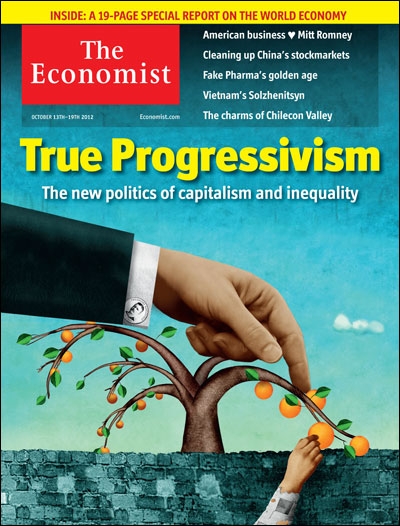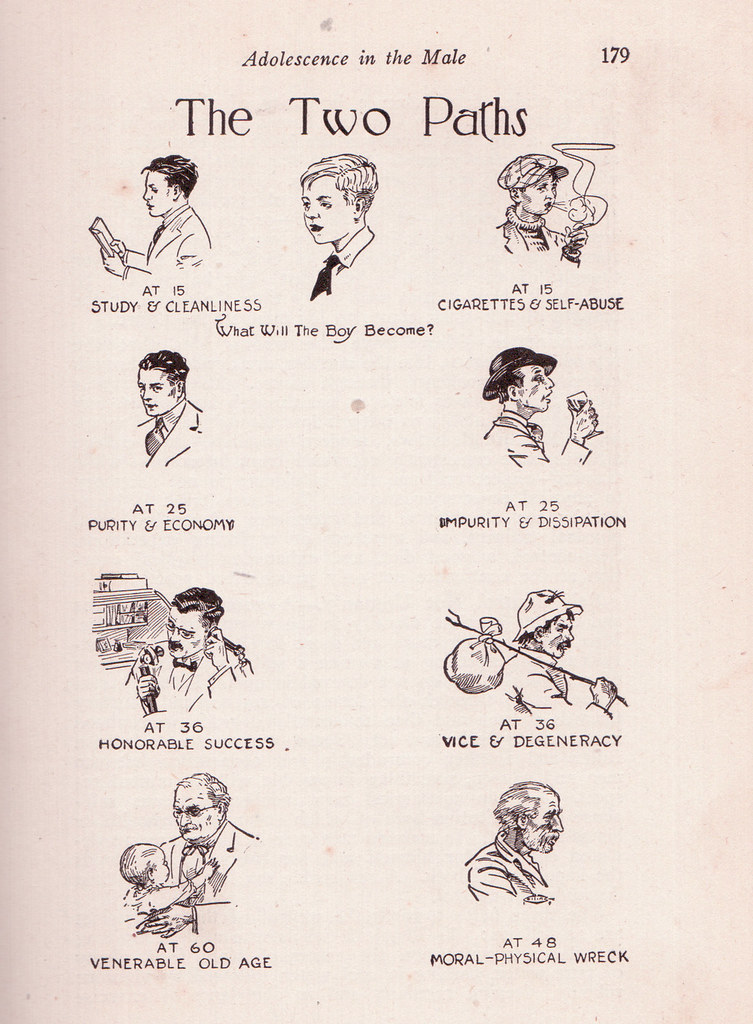Experts, Economics and Errors
Postbellum America could be described as the rise of Progressivism, which was a political economic modality very similar to national socialism. Richard T. Ely was the driving force behind the rise and success of the political economy of progressivism. The academic shift in postbellum America is staggering. This academic shift influenced the political shift in economic thinking, which drove the popular or societal shift in economic ideology. This ideological and academic shift between 1865 and 1900 imbedded a once foreign ideology, the state directed economy, into the American psyche, government and institutions.
By 1900 Ely and his cohorts had solidified themselves as the prophets of the “new economy.” Reigning from Wisconsin, with tentacles into every major university including Stanford, Yale, Brown and Johns Hopkins, Ely and his students had brought the ideals of the state directed political economy to the forefront of American life. With progressives at the helm of government, Ely and his views would be implemented into public education, the Treasury Department, the Federal Trade Commission and Ely himself had a direct channel to President Theodore Roosevelt, who held Ely in high esteem. Other adherents to Ely’s theories and mission included his former students Woodrow Wilson and Frederic C. Howe, Supreme Court Justice Oliver Wendell Holmes, Jr.
Though successful as a theorist and organizer, for an economist, Ely rarely saw profits from his personal business ventures. While having one of the most successful and lucrative publishing deals for his economic textbooks being used in public education across the nation by 1920, Ely struggled with debt, attempted a real estate venture and various personal investments that in his lifetime never amounted to more than $50,000. Eventually, Ely resorted to selling his labor library collection of writings to John Crerar Library in Chicago for a net price of $12,500. Indeed, nearly all of Ely’s capital for his projects came from wealthy friends and small investors. However, the influence of these projects is staggering as Ely would create and direct organizations that would quite literally change public opinion, guide the state and federal government on economic policy and become the standard of academic offerings on economics. Among these projects were Ely’s, American Economic Association, the precursor to the American Association of University Professors, the National Civic Foundation, the American Bureau of Industrial Research and the American Association for Labor Legislation, nearly all formed between 1900 and 1920.
Richard T. Ely, while not terribly successful in obtaining profits from the free market, of which he disdained, Ely was enormously profitable from donations by wealthy idealogues, and government sponsored projects and positions. In Wisconsin, with progressives in charge of the state and the federal government, Wisconsin University saw a jump in income from around $600,000 in 1903 to over three million by the end of 1914. Ely would cash in on this monetarily and academically, as he convinced the university president to give him a $4,000 salary with one paid semester of each academic year for research, which gave him the best economic professorship in the nation. By 1911, Ely’s department at Wisconsin had six full time professors, which was the most in the country. Ely’s textbook Outlines, now being used in high schools and universities in over 250 locations by the 1920s, had by 1937 sold nearly a million copies, second only in economic works to Adam Smith’s, Wealth of Nations. The royalties from his textbook, which was compulsory, netted Ely an average of $7,000 per year.
The reach and influence of Richard T. Ely is nearly unfathomable between 1900 and 1920. By 1911, Ely in tandem with the Wisconsin State Governor Francis McGovern had created a nationalistic socialist state that shaped and influenced federal decisions and policies, through their web of supposed experts, with forty-six members serving both the state and the university. Wisconsin, with the help of Ely’s students John Commons and Thomas S. Adams, drafted the first progressive income tax in U.S. history, which became the template for the federal income tax law of 1913. Ely would also spearhead his progressive socialism, with a nationalism he learned during his formative years studying in Germany. Embracing and helping to implement events such as restrictions on Japanese immigration, which would be a precursor to the progressive internment camps later, Ely was unabashedly imperial and nationalistic. Ely supported the United States annexation of the Philippines and encouraged compulsory military service, disavowed Wilson’s League of Nations, and in 1914 stated that any professor that spoke against America’s involvement in World War I, should be “fired, if not shot.”
Richard T. Ely, considered the founder of progressivism, was not only highly successful in bringing his version of national socialism to American shores, but pivotal in creating the necessary structure and establishment to convert America into a welfare state. This state directed economy, from which Ely profited greatly, would be the foundation upon which The New Deal, Keynesianism, The Great Society, Universal Health Care and a multiplicity of other socialistic programs, laws and academics would build on. While it is common for contemporary progressives to deny that they support imperialism, national socialism and autocracy, the founder of progressivism, Richard T. Ely and the entire history of progressivism, throughout the twentieth century shows that these anti-free market and authoritarian ideals are the very legs upon which they stand.
Sources
- Ely, Richard T. French and German Socialism in Modern Times. New York: Harper & Brothers, 1883. https://archive.org/details/frenchgermansoci00elyr/page/n7/mode/2up
- Ely, Richard T. “The Past and Present of Political Economy.” Edited by Herbert B. Adams. John Hopkins University Studies in Historical and Political Science (John Hopkins University) II, no. 3 (1884): 64. https://archive.org/details/politicaleconomy00elyrrich/page/n5/mode/2up.
- Leonard, Thomas C. Illiberal Reformers: Race, Eugenics and American Economics in the Progressive Era. Princeton: Princeton University Press, 2016: 109-28. https://www.jstor.org/stable/j.ctvc77cqn.11.
- Rader, Benjamin G. The Academic Mind and Reform: The Influence of Richard T. Ely in American Life. Lexington: The University Press of Kentucky, 2015. muse.jhu.edu/book/37613.
- Wisconsin Historical Society. Richard Theodore Ely, 1854-1943. 2020. https://www.wisconsinhistory.org/Records/Article/CS1614 (accessed September 26, 2020).

“All the plans of reformers, described in this work, were meant to be executed and to inaugurate a new era in the development of humanity.”
Richard T. Ely House in Madison, WI.




israelnightclub says:
Itís difficult to find experienced people in this particular topic, but you seem like you know what youíre talking about! Thanks
נערות ליווי באשקלון says:
Good day! I just want to offer you a big thumbs up for your excellent information you have got here on this post. Ill be coming back to your blog for more soon.